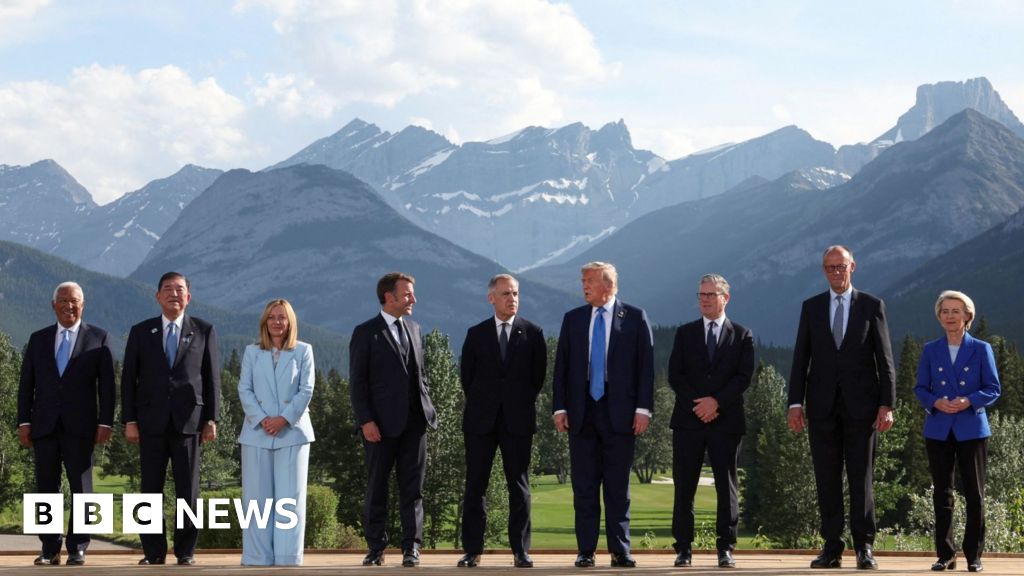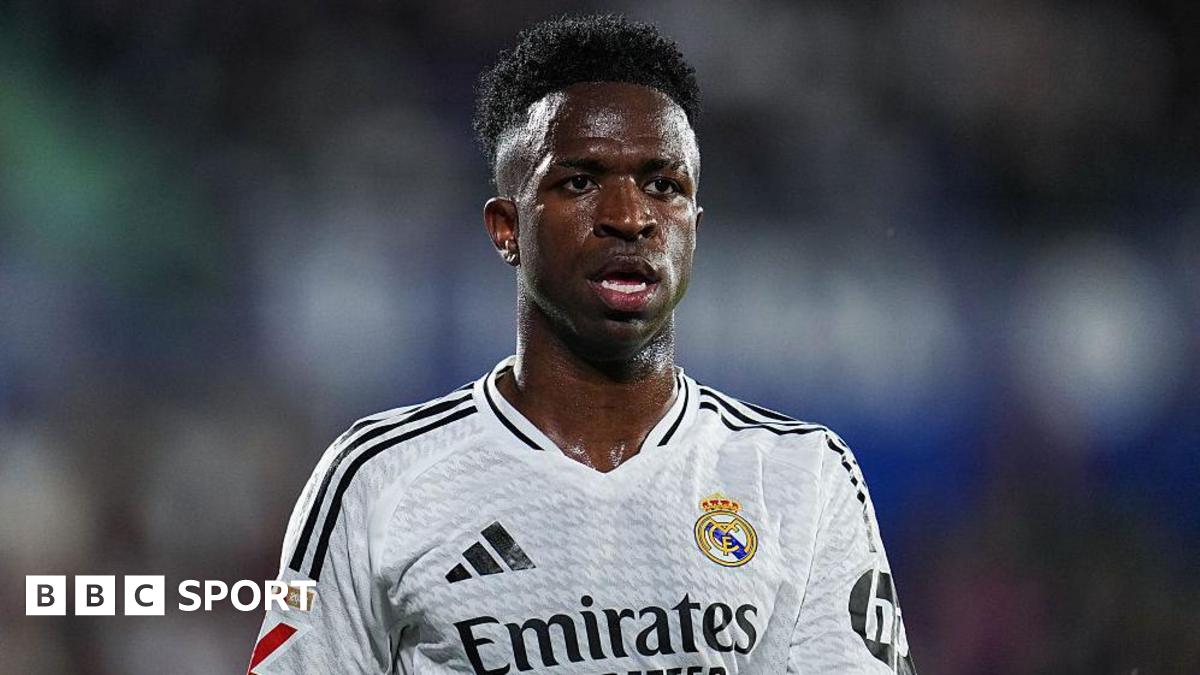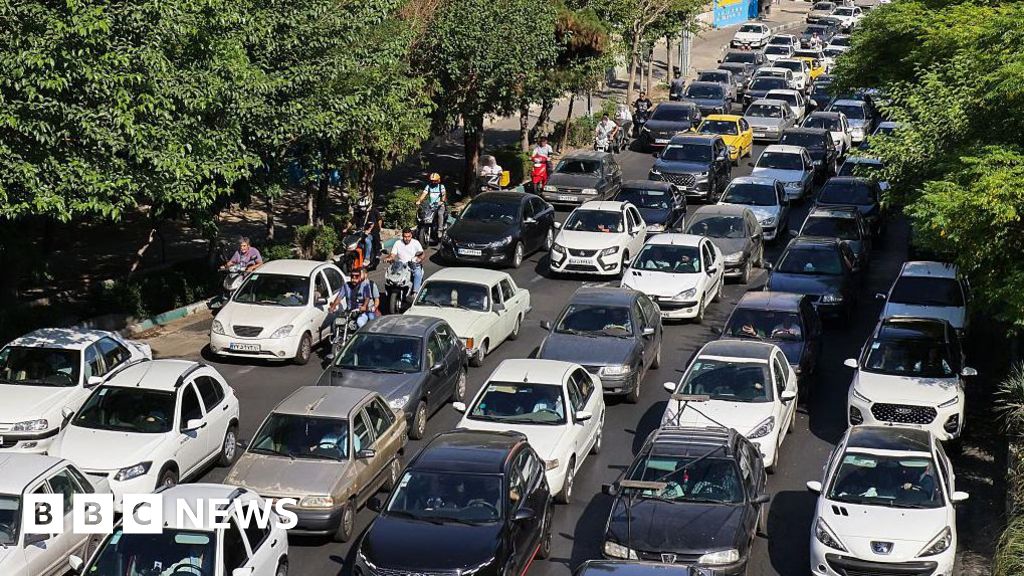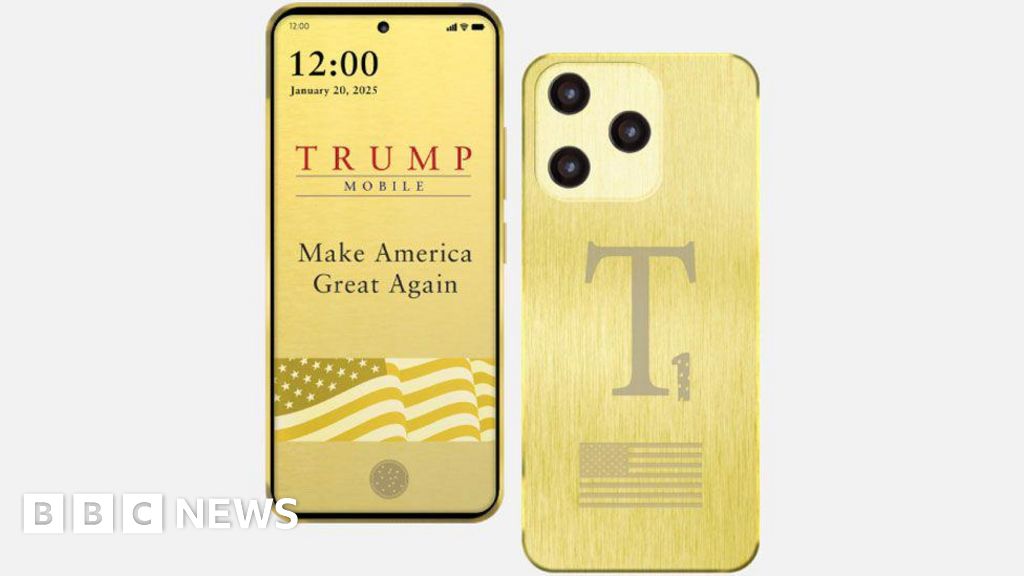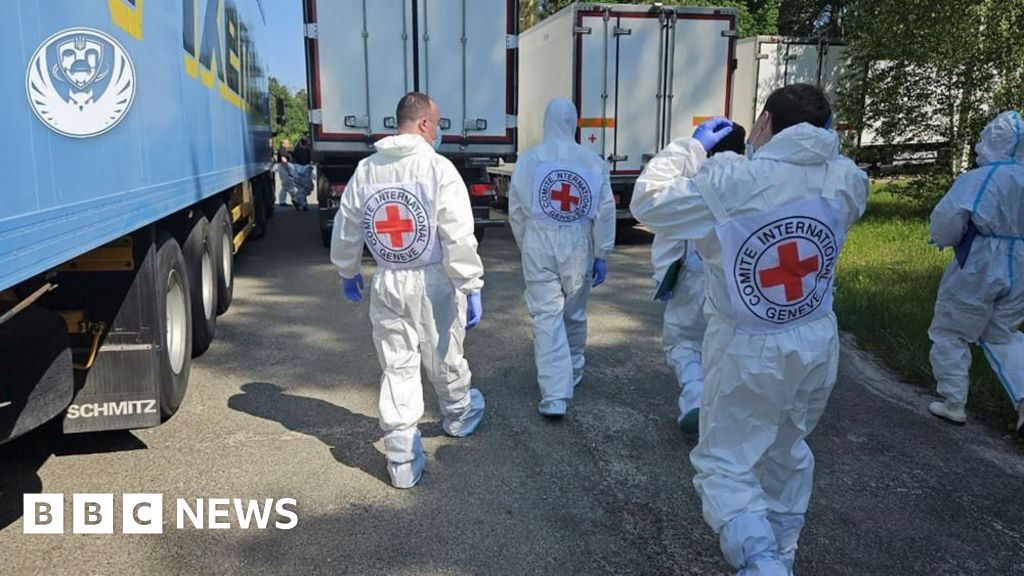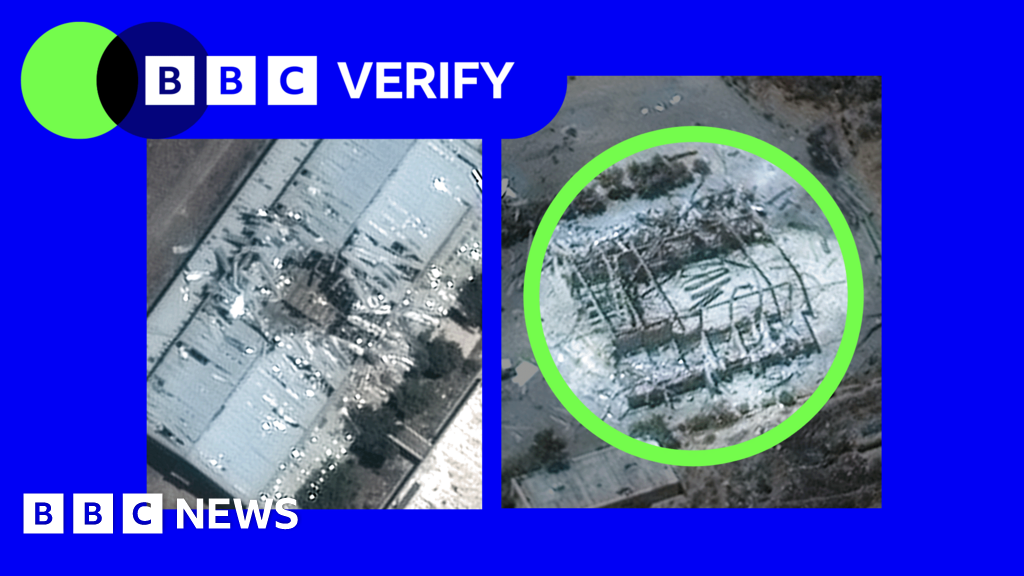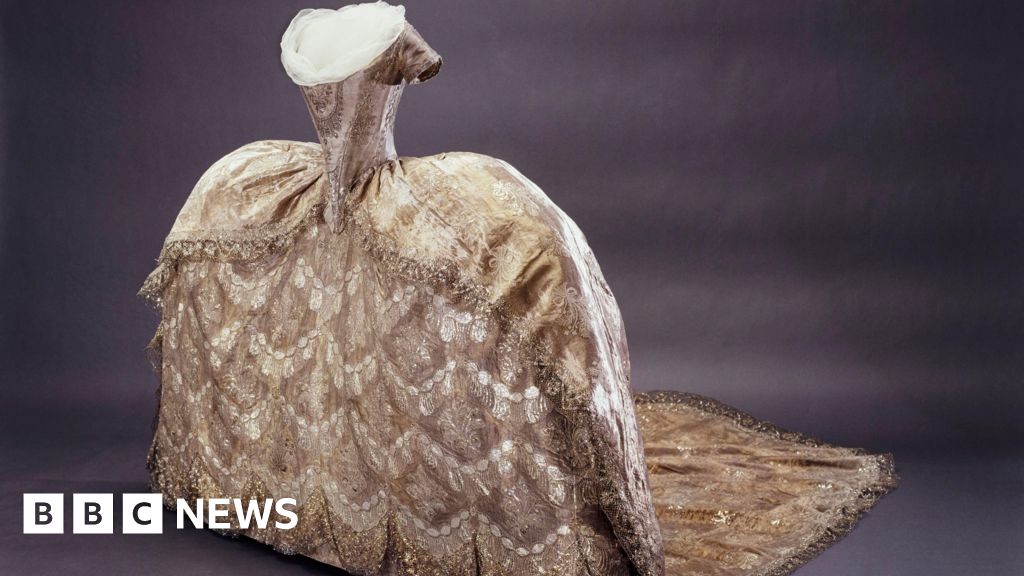Business reporter
A deal removing some trade barriers between the UK and US has been signed off by President Donald Trump.
The move will bring into force parts of an agreement agreed between the two countries last month, and reduce tariffs on UK cars being shipped to the US.
It comes after weeks of talks to implement parts of the pact, which the UK government hopes will shield British businesses from the impact of Trump’s tariffs.
But the deal includes a 10% levy on most UK goods, including cars, and did not address the expected removal of charges on steel imports.
Speaking at the G7 summit in Canada, Prime Minister Sir Keir Starmer called the move a “very important day” for both countries.
The pact, initially agreed last month, is the first the White House has announced since it imposed wide-ranging tariffs on various goods entering America earlier this year.
Trump has raised taxes on goods entering the US, in a series of rapid-fire announcements in an attempt to encourage businesses and consumers to buy more American-made goods.
It sparked financial turmoil and alarm around the world, including in the UK, where car manufacturers and steelmakers rely on the US as a key destination for exports.
Steel tariffs
In the order Trump signed on Monday, the US said it would allow up to 100,000 cars into the US at a 10% tariff, instead of the 25% import tax imposed on all car imports earlier this year, as agreed under the terms outlined in May.
The order said the US would set up a similar system for steel and aluminium, but did not specify what it would be.
“We’re gonna let you have that information in little while,” the US President said when asked if steel tariffs would be axed for the UK – a major part of the original tariff pact.
In response to a question about future tariffs, Trump said the UK was “very well protected”. “You know why? Because I like them,” he added.
The UK government said it would “continue to go further and make progress towards 0% tariffs on core steel products as agreed”.
The US tax on UK imports of steel and aluminium is currently 25%.
Earlier this month, Britain was temporarily spared when Trump announced a doubling of steel tariffs to 50%, but the tax could increase if the UK cannot reach an agreement by 9 July.
Under current rules, in order to qualify for an exemption, steel has to be “melted and poured” in the country from which it is imported.
Last year, Tata Steel shut down its blast furnaces and, while it transitions to using an electric furnace, it has been importing steel from overseas.
“Obviously we’ve still got some more work to do,” Transport Secretary Heidi Alexander told the BBC.
“We’re working through some technical detail around steel, because we want to bring that 25% tariff that applies at the moment obviously down further.”
The head of trade body UK Steel, Gareth Stace, said the industry “badly needs clarification over the ‘melted and poured’ requirement, and the level of quotas available to UK steelmakers”.
Monday’s order also agreed to remove tariffs on certain kinds of aerospace products.
Sir Keir described the agreement as a “sign of strength” between Britain and America.
The deal on US-UK tariffs will come into effect seven days following its official publication.
Mike Hawes, head of the Society of Motor Manufacturers and Traders, which represents UK carmakers, said it was “a huge reassurance” to the sector.
He told the BBC’s Today programme there had been fewer exports of British cars to the US as the industry waited for the deal to be ratified.
On Monday, JLR, the UK carmaker owned by India’s Tata Motors, lowered its earnings forecast after pausing shipments to the US in April due to tariffs.
Car shipments to the US already incurred a 2.5% tariff which meant that if an agreement had not been reached, UK exports would have been taxed at 27.5%.
Mr Hawes said the 10% tariff gave UK manufacturers “something of a competitive edge because their competitors tend to come from Italy or some from Germany which are still subject to the 27.5% tariff”.
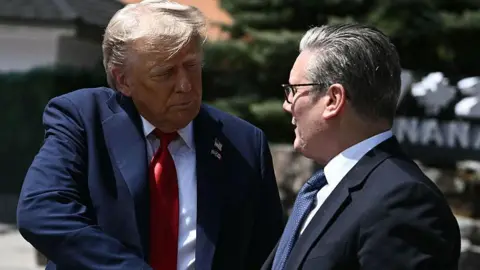 Getty Images
Getty ImagesAs part of the deal, the UK has granted a tariff-free quota of 1.4 billion litres of US ethanol. Previously, US ethanol shipments to the UK faced a 19% tariff.
But ABF Sugar, which owns the largest bioethonal plant in the UK, has warned it could be forced to make redundancies if the British market is not protected.
“A lot is at stake here, not just in the short-term but the long-term,” said ABF Sugar chief executive Paul Kenward.
He said the industry needed help from the government. “The government’s given away the entire UK market for bio-ethanol.”‘
The company has set a deadline of 25 June to secure state support. But Mr Kenward said if that does not happen, it will have to start consultations which could see 200 jobs cut from its Vivergo Fuels plant in Hull.
The deal will also see the UK scrap a 20% tariff on US beef imports and raise the quota to 13,000 tonnes.
But the UK government has insisted there will be no weakening of food standards and any US beef imports will need to meet food safety requirements.
Business and Trade Secretary Jonathan Reynolds said: “We will update parliament on the implementation of quotas on US beef and ethanol, part of our commitment to the US under this deal.”
Not a free-trade deal
Ministers have hailed the US deal alongside trade deals with the European Union and India.
But the US agreement is much more limited than the full-fat trade deal that has long been discussed on Downing Street. The scope of what was signed on Monday also appeared more restricted than the general terms of the deal as outlined last month.
Trump has previously declared the pact on tariffs is a “major trade deal”, but it is not. The US president does not have the authority to sign free-trade agreements without the approval of Congress.
The pact has drawn criticism by opposition parties in the UK. Conservative party leader Kemi Badenoch has called it a “tiny tariff deal”.
Liberal Democrat Treasury spokesperson Daisy Cooper said the government needed to “come clean” on the deal’s details, “including publishing impact assessments on how it will affect British farmers, food standards and steel industry”.
Source link



